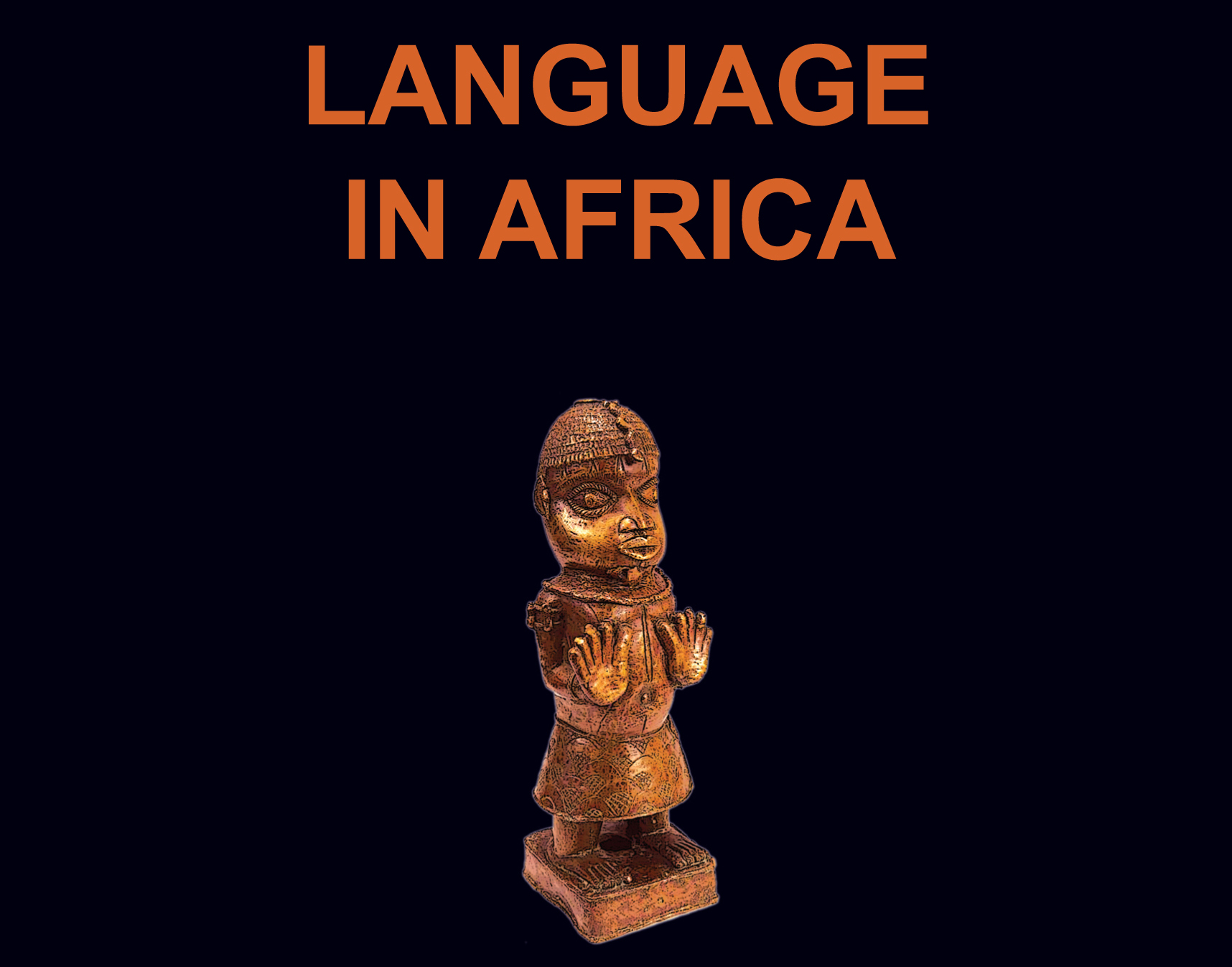In memoriam: Alexandra Vydrina (1988–2021)
Maria Konoshenko
pp. 3–10
doi 10.37892/2686-8946-2021-2-3-3-10
The evolution of the noun class system of Ngwi (West-Coastal Bantu, B861, DRC)
Sara Pacchiarotti, Koen Bostoen
Abstract
In this paper we offer a first systematic account of the noun class system of Ngwi, a West-Coastal Bantu language spoken in the Democratic Republic of the Congo. First, we describe the synchronic system of noun class prefixes and the agreement patterns they trigger on constituents of the noun phrase and the verb. Second, we provide a diachronic analysis of the innovations the synchronic Ngwi noun class system underwent with respect to the noun class system reconstructed for the most recent common ancestor of all Narrow Bantu languages. Finally, we compare the morphological innovations found in the Ngwi noun class system with those identified in the noun class systems of other West-Coastal Bantu varieties and assess whether some of these could be diagnostic for internal classification within this western Bantu branch.
Key words
West-Coastal Bantu, internal classification, noun class system, shared morphological innovations, sound change, paradigm levelling
pp. 11–67
doi 10.37892/2686-8946-2021-2-3-11-67
Female characters in Kenyan women’s short story: From submission to self-reliance
Alina Rinkanya
Abstract
The article analyses the depiction of new types of female characters in the stories by Kenyan female writers published from 2003 to 2012 in literary almanacs Kwani? and Storymoja. The author traces the evolution of female characters from the “victim” type, which appeared in Kenyan women’s literature already in the 1960s, to its modern alternatives – women advocating their rights in all spheres of private and public life.
Key words
Kenya, women’s literature, short story, literary character, Kwani?, Storymoja
pp. 68–92
doi 10.37892/2686-8946-2021-2-3-68-92
Word or otherwise? The status of the copula no in Guinean Pular
Maria Kosogorova
Abstract
The paper analyzes the morphosyntactic status of a copula no as part of complex verbal predicates of Guinean Pular. A locative copula no, combined with various forms of lexical verb, adds up to three verbal constructions. Morphological and semantic non-compositionality of no in such constructions questions its morphosyntactic status as a free word and suggests that it might be an affix or a clitic. Pular data has been subjected to a series of tests using a set of phonological, morphological, and semantic criteria. The results of the phonological tests show that no in complex verbal predicates cannot be a free word, whereas the morphological tests deny it the status of an affix. It is, therefore, concluded that this copula is a clitic, which is confirmed by the language data complying with general morphological and phonological criteria.
Key words
Pular, complex verbal predicates, morphology, phonology, semantics, affix
pp. 93–111
doi 10.37892/2686-8946-2021-2-3-93-111
Sexual taboos and euphemisms in Igbo: An anthropolinguistic appraisal
Osita Gerald Nwagbo
Abstract
Due to face-threatening effect of taboo words, euphemisms are used to replace them for the sake of politeness. Several studies have been carried out on sexual taboos across cultures, including Igbo, but most have centrally focused on euphemisms for sex organs, with inadequate attention paid to the sex act itself. As a result, this study examines euphemisms about sex or copulation in Igbo with a view to delineating the categories and strategies employed by Igbo to express them. Through Participant and Non-participant Observation, data (11 conversations) were collected, from 22 participants comprising 16 men and 6 women across 6 different settings in Lagos State, Nigeria. The result showed that participants used two major strategies (idiomatic expressions and symbols) and coinage to euphemise the act of sex. Two broad categories of sex found were explicit euphemisms representing the common type, and opaque euphemisms representing the uncommon type. However, both categories are existing words in the language that are imbued with new meanings to achieve the censoring objective. The alternative forms adequately serve the intended purpose because they mask and obscure the tabooed subject and hence save the face of interlocutors.
Key words
language, Igbo, culture, perception, taboo, euphemism, politeness
pp. 112–148
doi 10.37892/2686-8946-2021-2-3-112-148


